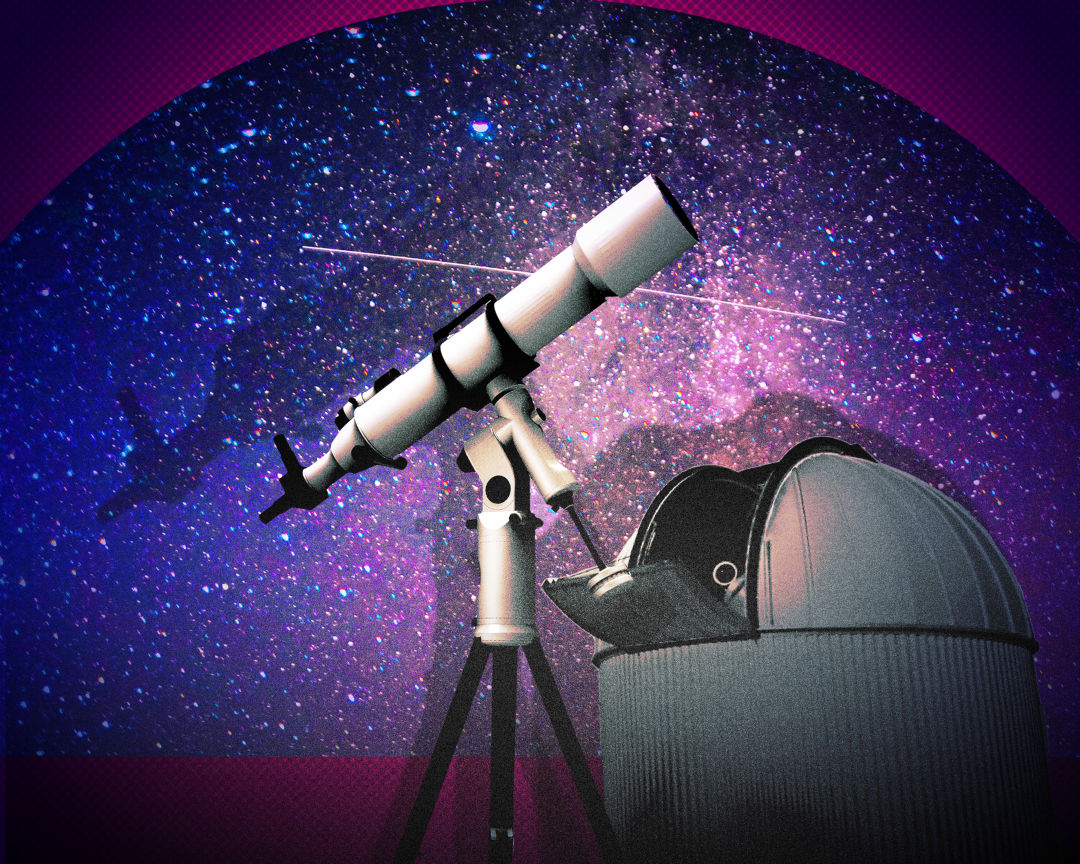How to Go Stargazing near Seattle

Wanna feel small? A peek at the night sky shows us our place in the universe (we're tiny) and the wonders that surround earth—and the Seattle area has some big, expensive telescopes to give us a tech-assisted look. We love to look for northern lights, as ephemeral and elusive as they may be, but constellations are a safer bet. Here's how to search the stars.
Look Up with Locals
Seattle Astronomical Society
Greenlake
The hometown crew holds public star parties every month, including in Greenlake, Shoreline, and on Rattlesnake Lake (for members only). Plus, members gather for informal events when stargazing conditions are good, sharing their high-powered telescopes. Experts lead workshops on astrophotography, or the art of snapping pics of stuff 10,000 light-years away that has never heard of Instagram.
Theodor Jacobsen Observatory
University District
University of Washington undergraduates lead lectures at regular open nights at the school’s stone observatory, after which attendees can visit the dome and 1892 refracting telescope, a shiny antique that works with old-fashioned weights and dials. The relic isn’t as powerful as the modern home telescopes set up on the lawn, but it has old-school novelty. Reserve a spot in advance, from April through September.
Cloud Break Optics
Ballard
A telescope shop in a rainy city? Sure, says co-owner Stephanie Anderson, also the former president of the Seattle Astronomical Society. The store sells scopes for viewing the sun, stars, or your neighbors—including one giant instrument Anderson describes as “looking like the thing you shoot clowns out of.”
Battle Point Astronomical Association
Bainbridge
This island group holds monthly open events at a park that had a former life as a naval station. The Ritchie Observatory includes a planetarium and a 27.5-inch reflector telescope, whose mirror took a year to grind and polish. Hear experts talk about out-there science (as in objects far away, not X-Files stuff), like how to study astrobiology (okay, maybe some X-Files stuff).
Road Trip to the Stars
Goldendale Observatory State Park
Goldendale
The region’s only publicly accessible telescope sits in a pocket-size state park southeast of Yakima, the recent recipient of millions in upgrades, including expanded exhibits. But the highlight is what's visible through the 24.5-inch reflector telescope in nightly free presentations (though advance reservations are required, and parking requires a state park Discover Pass). The rollicking evening lecture from the observatory director, held indoors and out, is appropriate for most ages, provided they can stay awake. The shows can include everything from Star Wars references to mythology, with enough hard science to feel like you've enrolled in a freshman course.
Brooks Memorial Star Parties
Goldendale
Not far from the Goldendale Observatory, the Seattle Astronomical Society holds three summertime stargazing events open to the public. Held in a state park, it's in an area known to be one of the darkest in the state—though the region lost its Dark Sky Park designation, given by the International Dark-Sky Association, in 2017. Reports note that this was due to incomplete administrative processes, not light pollution, however.
Table Mountain Star Party
Oroville
There are small celestial shindigs and then there is the state's premier star party, held not at Table Mountain (the name's a callback to an old site) but in the prairies of north-central Washington. Held over a dark, new-moon stretch in early August, the festival comes alive at night with telescopes of all sizes, family activities, and informal educational opportunities.
DIY Stargazing
Get far enough away from city lights and one doesn't even need a telescope to see spectacular stars. Washington Trails Association maintains a list of great outdoor dark spots across the state, along with a list of upcoming meteor showers. Go Astronomy also maintains a collection of good locations, with notes about where they register on the Bortle scale, a nine-step rating of a night sky's brightness. Don't forget that you don't just need a new moon and a broad view; Northwest clouds can pull the curtain on stargazing, so Eastern and Central Washington regions are often most reliable.




